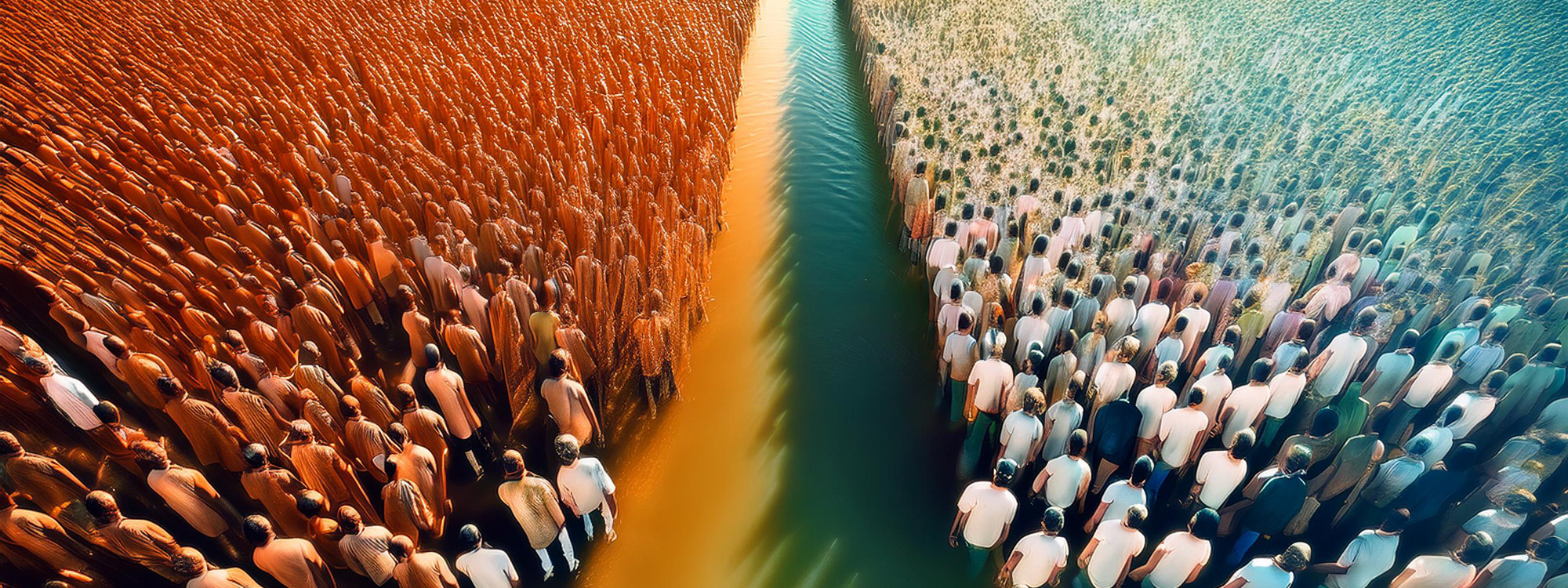


Are sexual offenders against children really divided neatly into 'pedophilic' and 'situational'?
There's a bit of a worldview among online MAPs that is formed out of the finding by @MCSeto and crew that, among child sex contact offenders, fewer than half appear to be MAPs. > really sure these categories are quite so distinct? > we should be cautious with assuming from the headline that child abuse happens for one of two distinct reasons. > MAP narratives allow. Yes, a lot of us know quickly that we find a particular child attractive or not, but sometimes something about them - their personality (or our feelings about a character they're playing in a film/show) or other contextual factors like a paraphilia > > can make us view someone we were at first indifferent toward as a (for want of a better word) "prospect for fantasy". > the same, though, it does seem that situational factors are a thing that exist for MAPs too. > bodily attractiveness. > be more interested in them and their life based on this criterion than I otherwise would, and through a (projected) feeling of connection with him, this can tip over into eroticisation. > what makes a 'virtuous pedophile' virtuous is that regardless of the mysteries of his motivation he does no harm to a child. > 'persistently', since clearly there are those in between recurrent offending and never having offended at all, for instance with a single offence, whose virtue may rest on their degree of remorse and the efforts they make to improve things. :: About the author: I have been writing and talking about the experience of being a pedophile since 2017. Once on twitter until my account was banned in 2020, I co-led Virtuous Pedophiles from 2021 to 2025. I now continue to look for ways to improve the lives of pedophiles, but never at the expense of harming children. I have never viewed illegal material, and never sought or engaged in sexual activity with any child. The rest of my life is countryside walking, friends, Radio 3 and feeling doleful about ageing.
| ||
| | ||
| |
 |  |  | ||
| | ||||
 thread: normalizing pedophilia? thread: normalizing pedophilia? |
| |
 thread: mutual coming out is hard thread: mutual coming out is hard |
| |
 nitro in person nitro in person |
| |